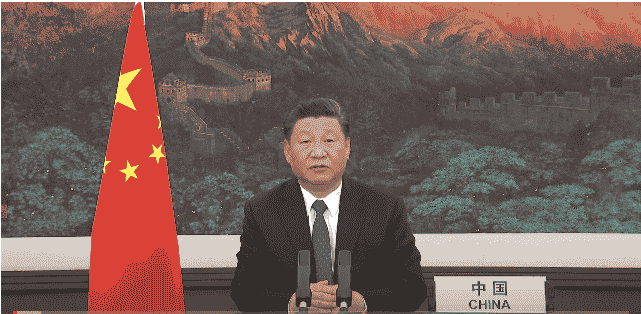
State media have claimed that President Xi Jinping wants China to speed up its efforts to attain technological independence in agriculture, specifically highlighting seed development and core equipment.
In 2020, the central government stated that the nation’s seed sector was a weak link in the food chain and needed to make better use of science and technology in order to recover.
China Aims For Tech Independence
The President urged China’s agricultural sector to vigorously strengthen its research and technology by innovating more effectively.
Xi advised the sector to solve innovation-related concerns such as the rate of conversion to commercial applications and the absence of interaction between research teams.
China has made substantial investments in agricultural basic research but has few significant commercial enterprises that invest in long-term R&D to bring novel ideas to market.
Since 2021, the Chinese Academy of Sciences (CAS) and northeastern Chinese provinces have developed seven demonstration zones including 10,000 mu of agricultural technology (about 666.67 hectares). Around one thousand CAS experts traveled to villages in the province to provide technological support for black soil conservation.
Read more: China’s soaring COVID-19 cases leave people with no choice but to seek medicines in the black market
Agricultural Sector

In the previous two years, conservational tillage lands have increased by more than 10 million mu to 32.83 million mu, representing half of the corn plantation area in the province.
Black soil is essential to grain production in Jilin. More than 80% of the grain produced in Jilin is grown on black soil, which comprises over 65% of the cultivated land.
Jilin has devoted close attention to the protection of black soil. The province carried out 38 measures spanning ten issues in an implementation opinion on substantially improving black soil conservation and developed a multi-departmental joint protection system to collect talents, funds, projects, and policies to safeguard black land in the past year.
The province has also been engaged in the development of high-quality agriculture. More than 40 million mu of the 83 million mu of farmland in Jilin have been converted into high-quality farmland.
Since the development of high-standard farmland, farmers can save over 2,000 yuan approximately 286,2 U.S. dollars per hectare of land, and boost productivity by 10 percent, according to the leader of a cooperative in Yushu City, Xu Yuqing.
Farmers of the Yongxin cooperative in Tiexi District, Siping City, hauled approximately 2,000 tonnes of harvested maize to the local storage facility.
To date, these service centers span the province’s key grain-producing counties, with a collective service volume of over 10 million tonnes.
Read more: What is Scarlet Fever? Is there a vaccine for the disease?

